Farming 2.0: Growth for the Next Era of Agriculture
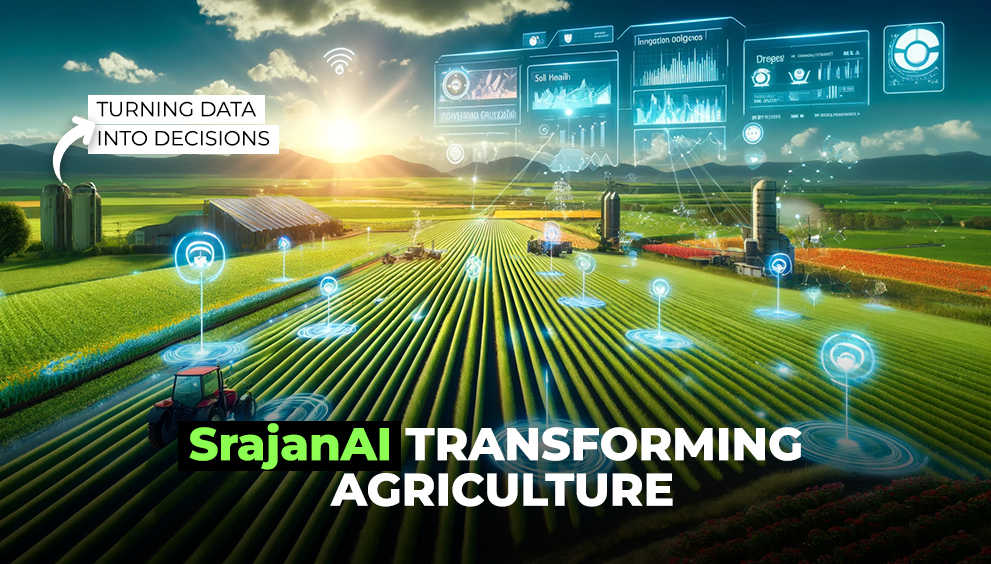
Agriculture stands on the cusp of a technological revolution, but what happens if the industry resists change? Imagine a future where climate unpredictability intensifies, resources dwindle, and markets demand more efficiency than ever. Without the integration of advanced tools like AI, the challenges of tomorrow might become insurmountable for large-scale agricultural operations.
The Challenges Looming on the Horizon
The future of agriculture is set to be shaped by a convergence of complex challenges:
- Unpredictable Climate Patterns: Rising temperatures, erratic rainfall, and extreme weather events make traditional farming practices increasingly unreliable. How do farm managers adapt without tools that analyze and predict such shifts?
- Depleting Resources: With global populations climbing and arable land shrinking, resource efficiency isn’t a luxury—it’s a necessity. Can guesswork ensure every drop of water and every pound of fertilizer is used wisely?
- Market Pressures: The demand for sustainable, high-quality produce is no longer optional. Without precise monitoring and predictive analytics, meeting these standards while maintaining profitability might become an uphill battle.
The reality is clear: sticking to conventional methods in a world demanding speed, precision, and sustainability could put entire operations at risk.
A Future Without AI: The Domino Effect
Neglecting AI integration is not just about falling behind in technological trends—it’s about jeopardizing the core pillars of agricultural success: efficiency, profitability, and sustainability.
- Wasted Resources: Without precise analytics, resources like water, fertilizer, and energy are often over- or underused, leading to unnecessary waste and financial losses.
- Missed Opportunities: Traditional methods might overlook early signs of pests, diseases, or declining soil health, escalating problems that could have been mitigated.
- Limited Scalability: Managing hundreds or thousands of farms manually becomes increasingly untenable, leaving operations vulnerable to inefficiencies and bottlenecks.
The absence of data-driven decision-making doesn’t just hinder growth; it amplifies vulnerabilities in an already volatile landscape.
The Calm Within the Storm: AI as the Navigator
AI offers a solution that is as future-focused as the challenges it addresses. By introducing intelligent automation, predictive insights, and real-time monitoring, AI equips farm managers with the tools needed to stay ahead of the curve. Here’s how:
- Adapting to Climate Challenges: AI models analyze vast datasets, offering insights into weather patterns, soil conditions, and crop performance. These predictions help farm managers make proactive adjustments, safeguarding yields against climate volatility.
- Maximizing Every Resource: Precision analytics ensure resources are allocated with surgical accuracy, reducing waste while increasing output. Think irrigation systems that adapt to real-time moisture levels or fertilizers applied only where they’re needed.
- Scalable Solutions for Expanding Operations: From centralized dashboards monitoring multiple farms to automation that simplifies repetitive tasks, AI makes managing complex networks seamless and efficient.
This shift isn’t just about solving today’s problems—it’s about preparing for a world where efficiency and sustainability are no longer aspirations but imperatives.
Paving the Way for Sustainable Growth
By embracing AI, the agricultural industry can step confidently into the future, setting a foundation for long-term prosperity. This technology doesn’t just enhance yields; it fosters an ecosystem of smarter practices. Here’s what the future could look like:
- Resilient Agricultural Systems: Farms that can adapt to environmental changes with precision, maintaining productivity despite challenges.
- Sustainability at Scale: Reduced reliance on chemicals, optimized water usage, and a smaller carbon footprint—all while increasing profitability.
- Data-Driven Agility: Real-time insights that allow for quick decision-making, ensuring farms stay ahead of emerging trends and challenges.
The Choice Is Clear
The future of agriculture will be defined by those who embrace innovation. While the challenges ahead are daunting, the opportunities they present are equally immense. With AI as a strategic ally, the potential to revolutionize large-scale farm management is within reach.
As the industry evolves, those who adapt will lead the way, reaping the rewards of smarter, more sustainable practices. The tools to thrive in this new era are here—it’s up to farm managers to seize them. Because the future isn’t waiting, and neither should agriculture.


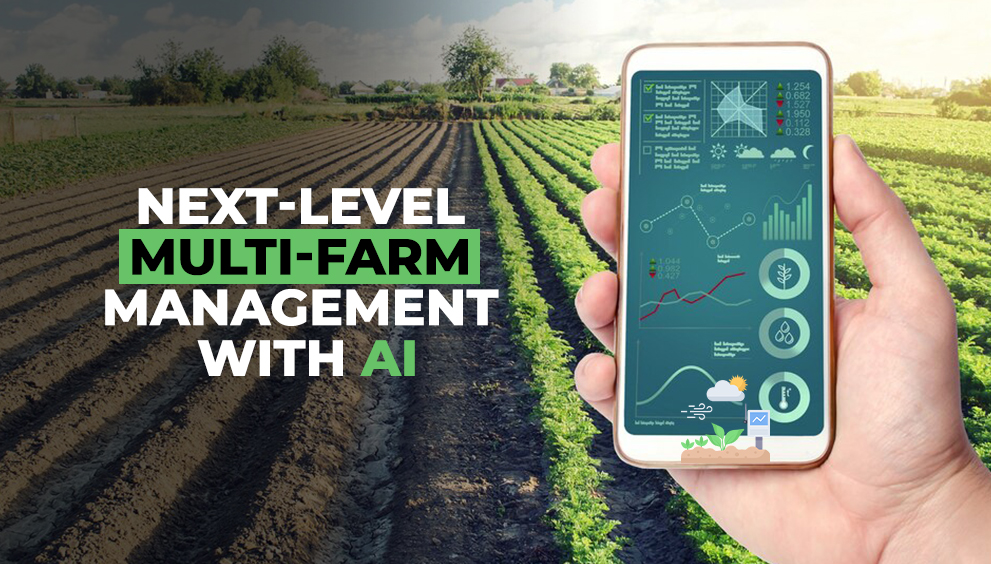
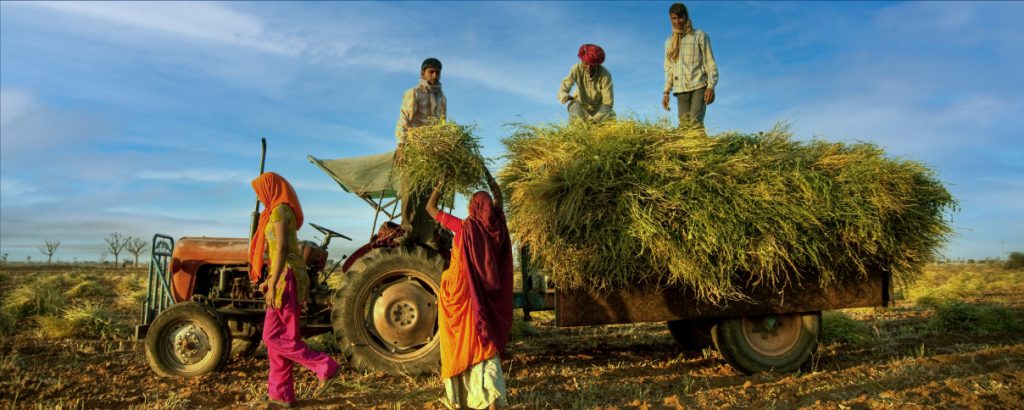
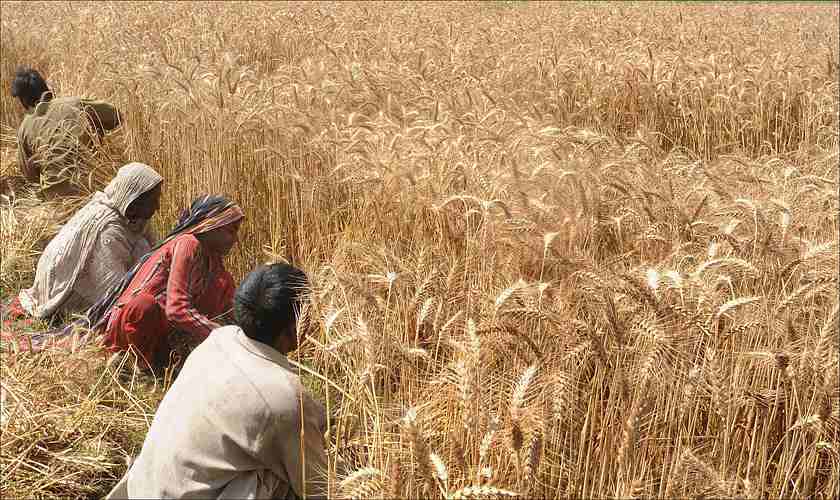
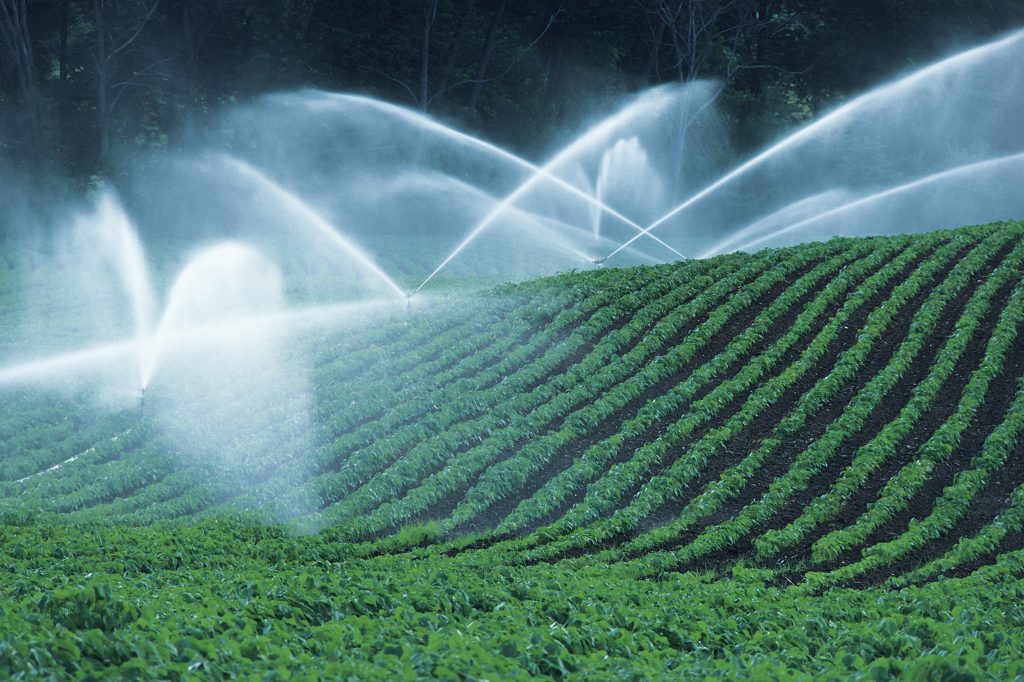

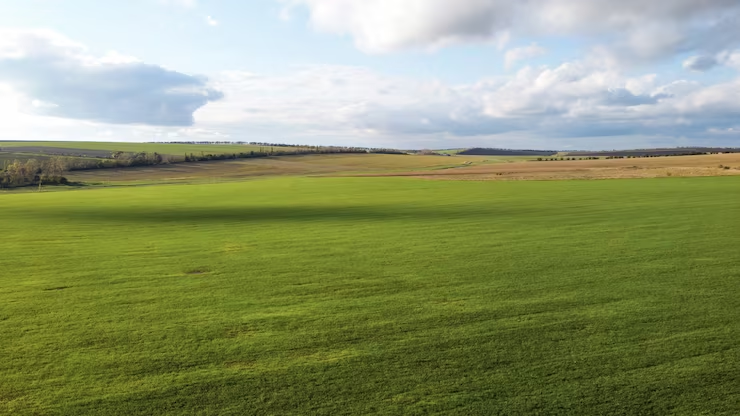
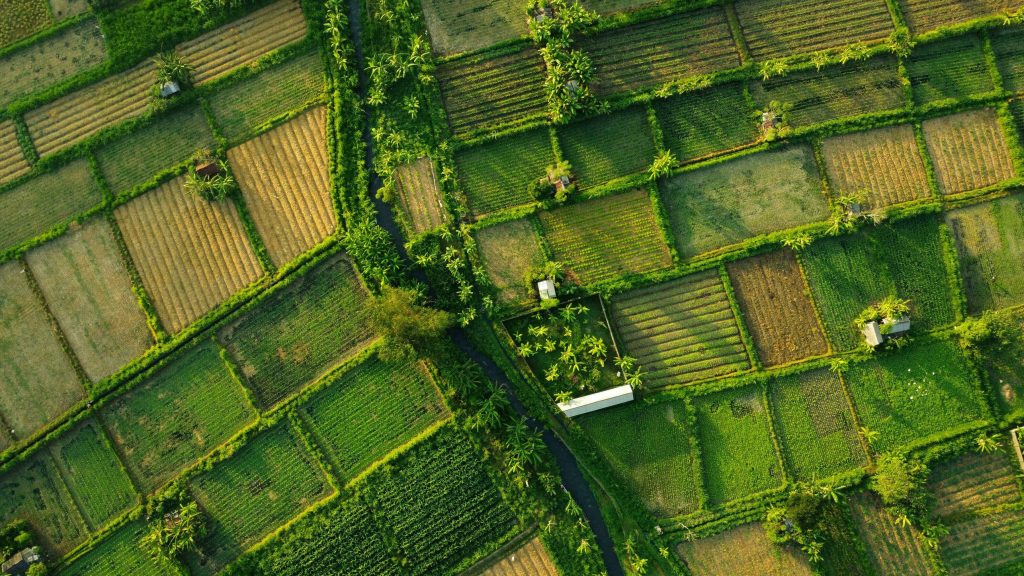
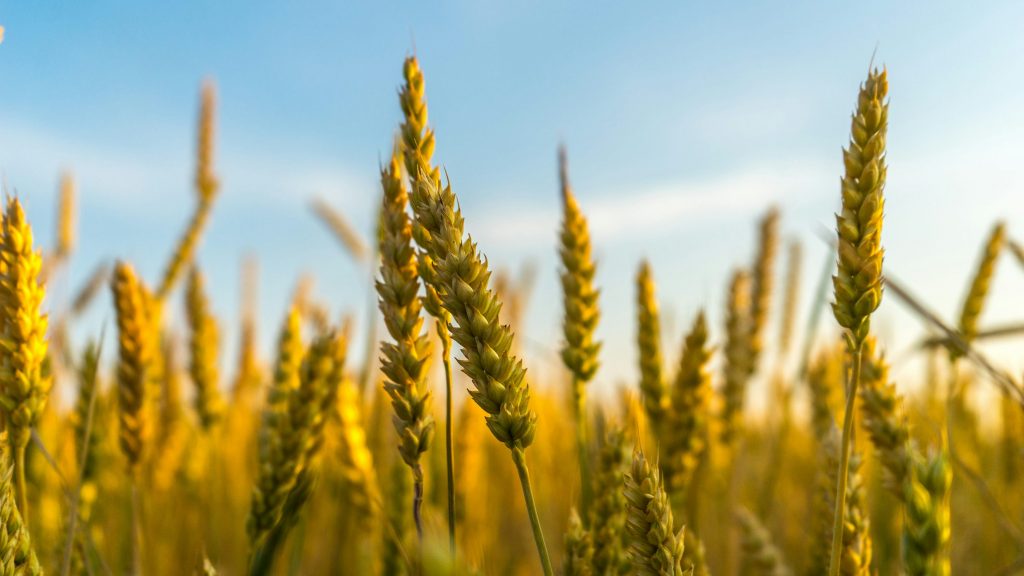
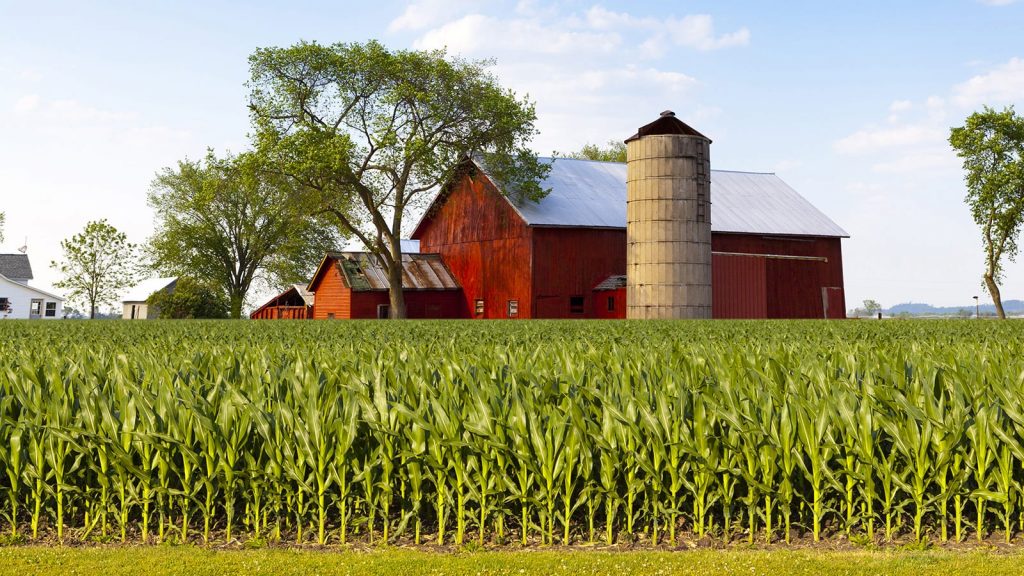
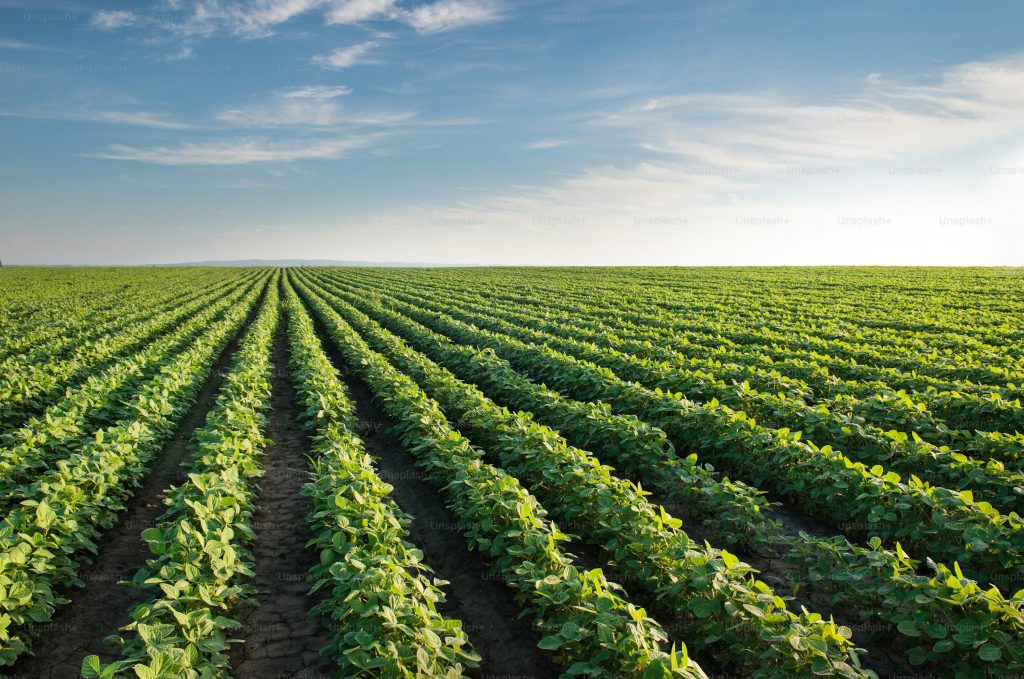


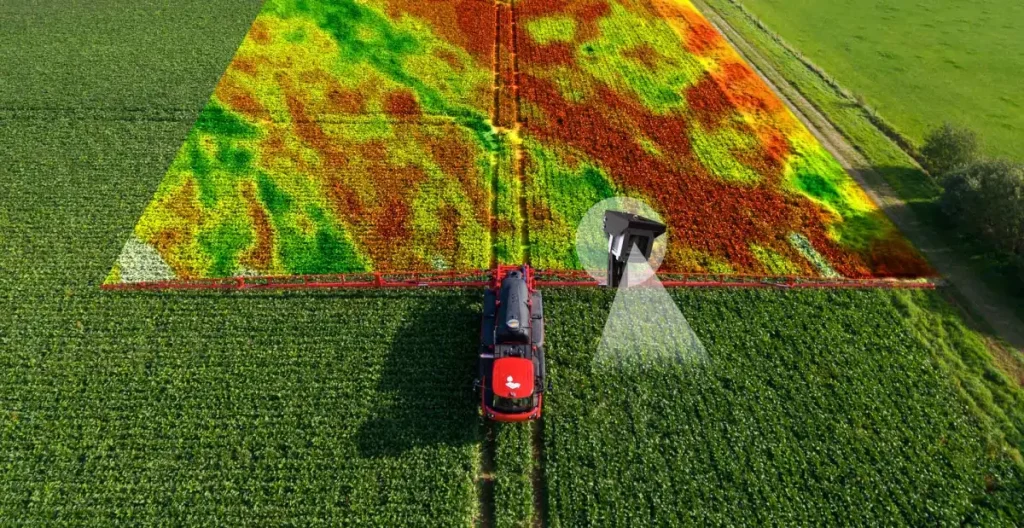
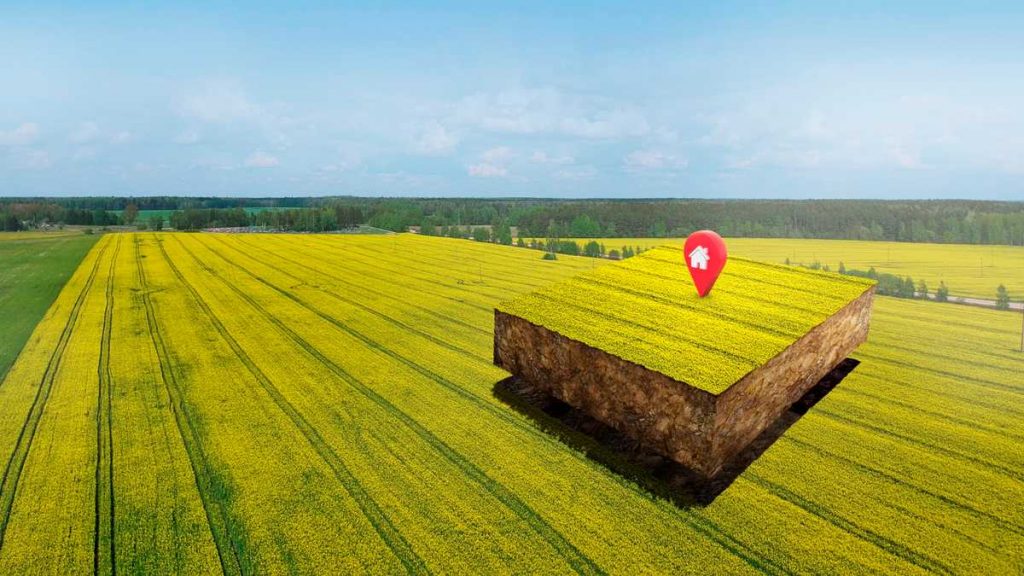
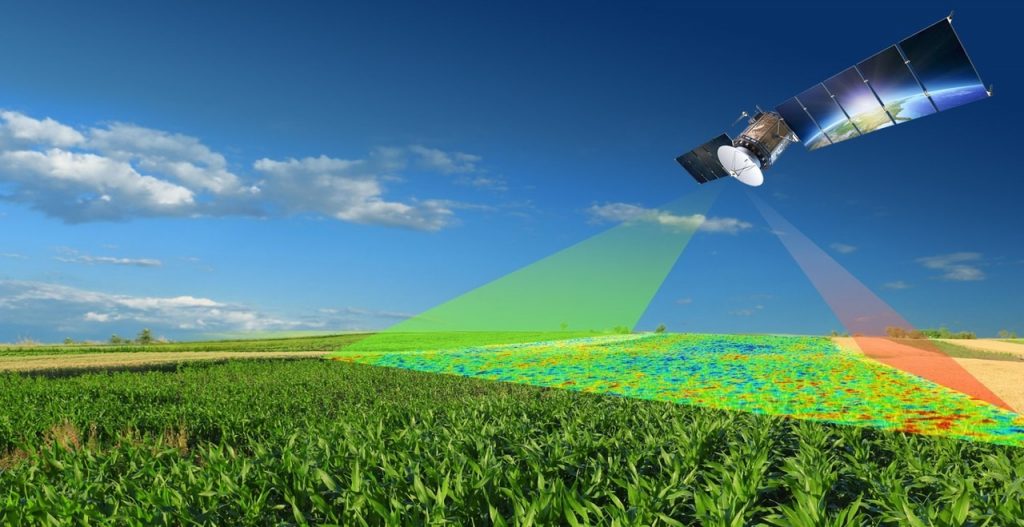
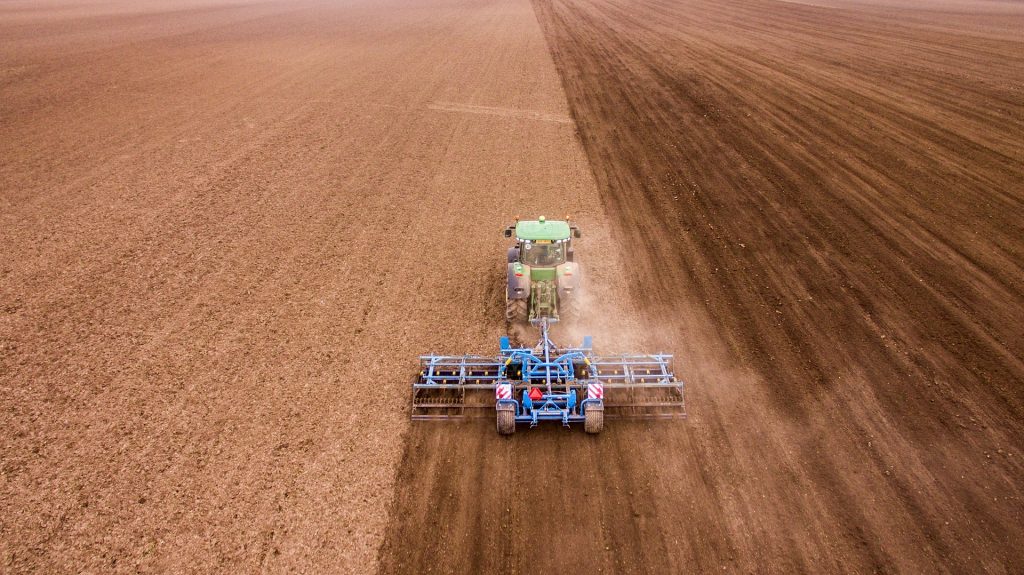
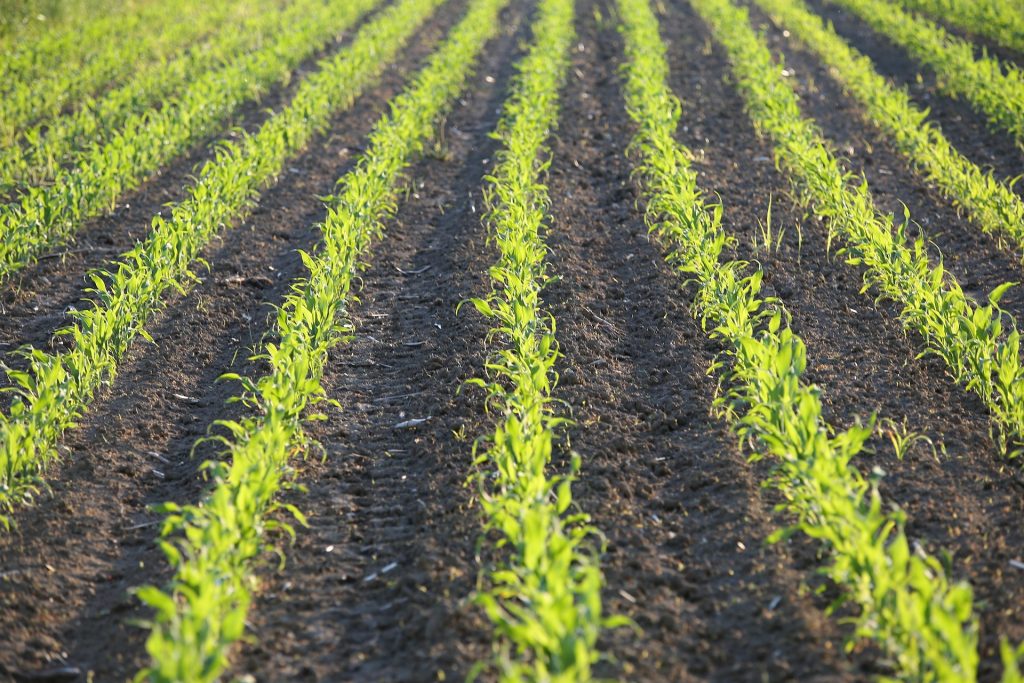
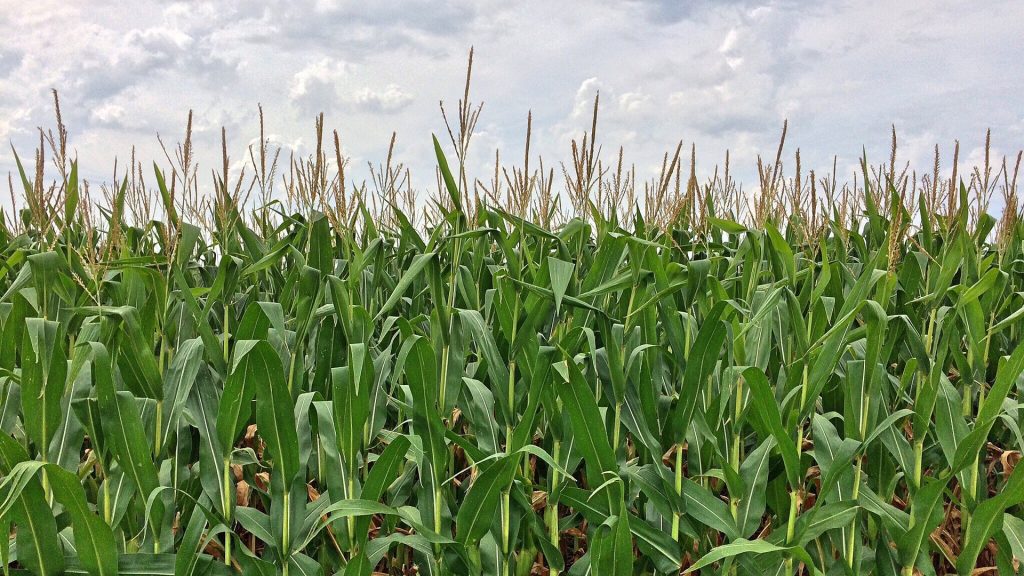


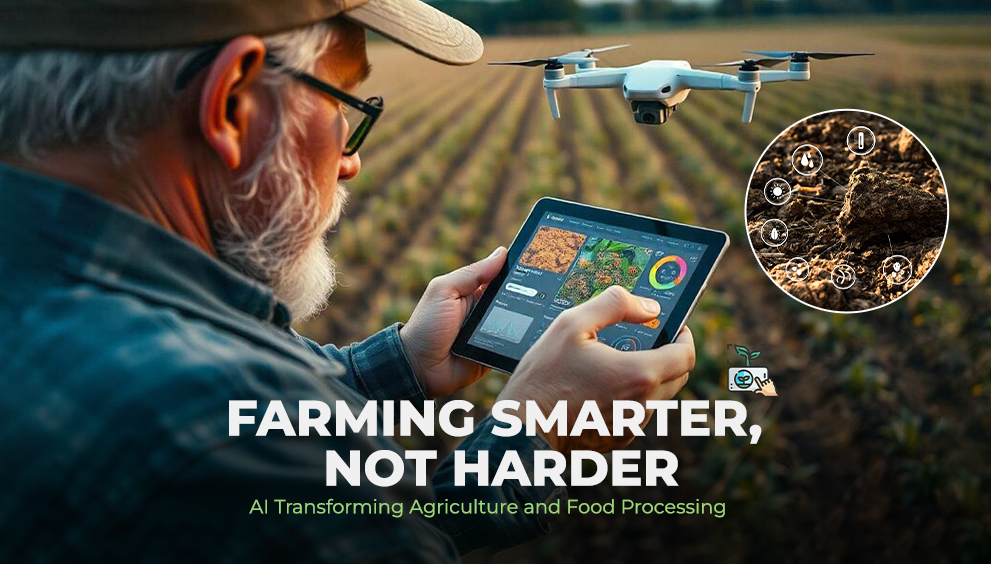
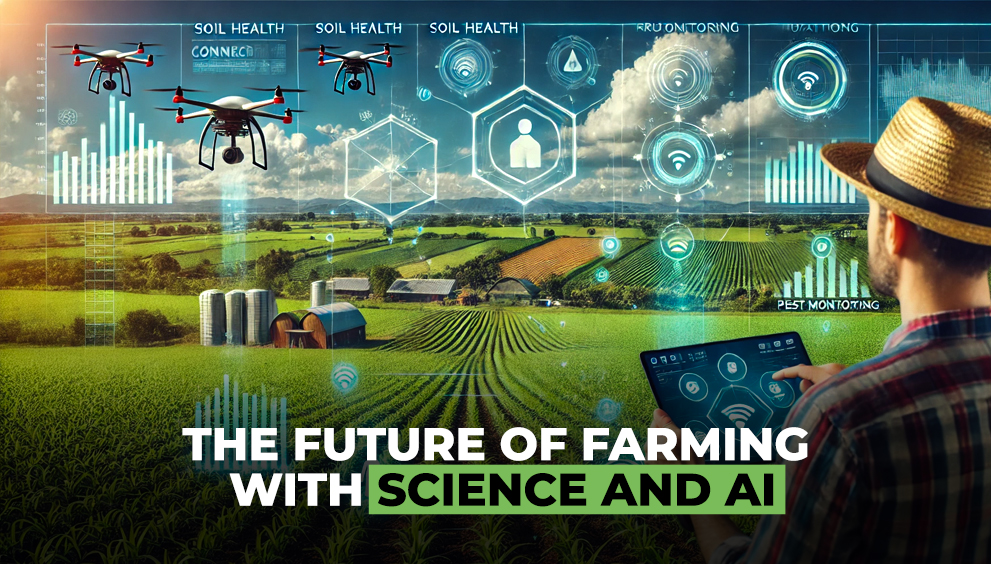
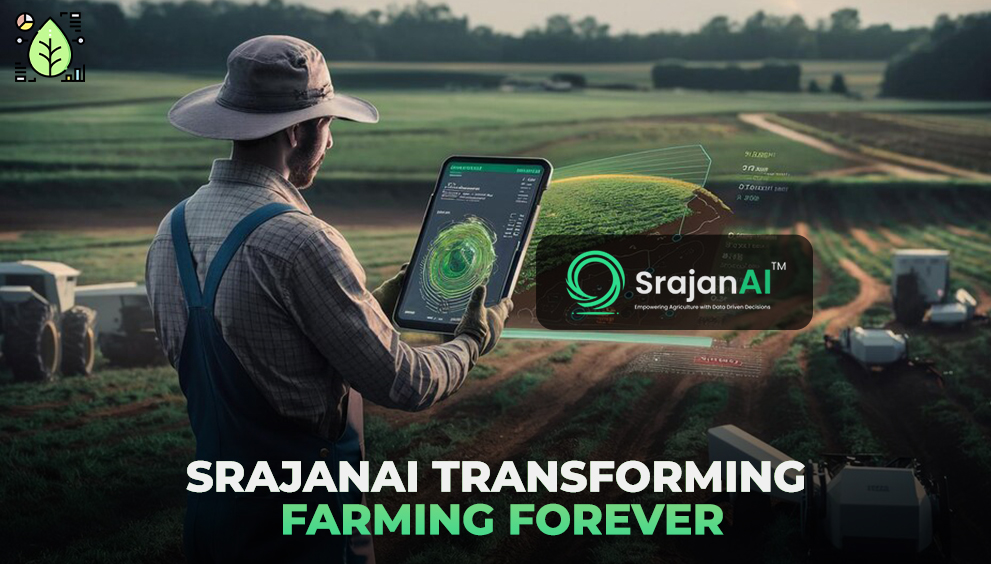
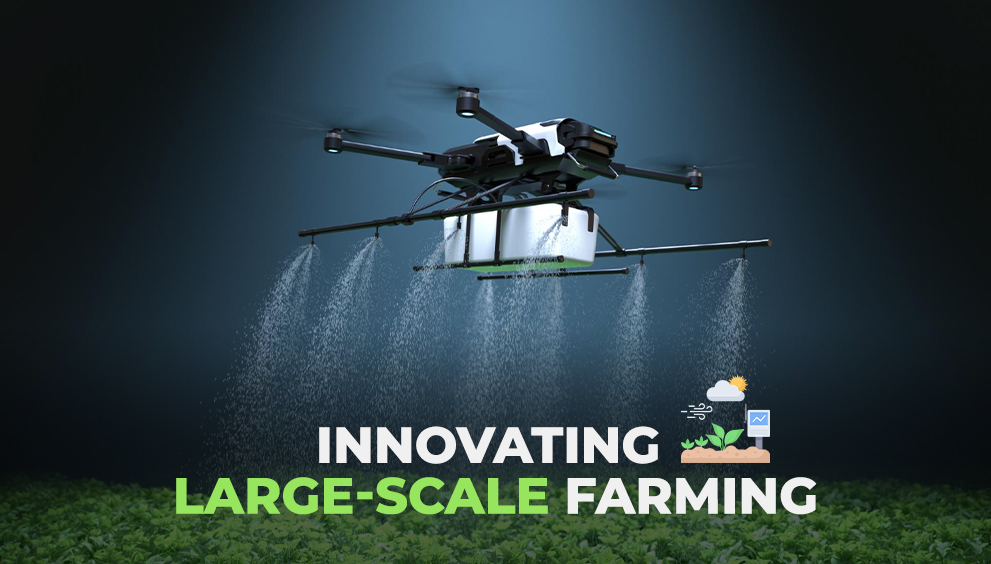
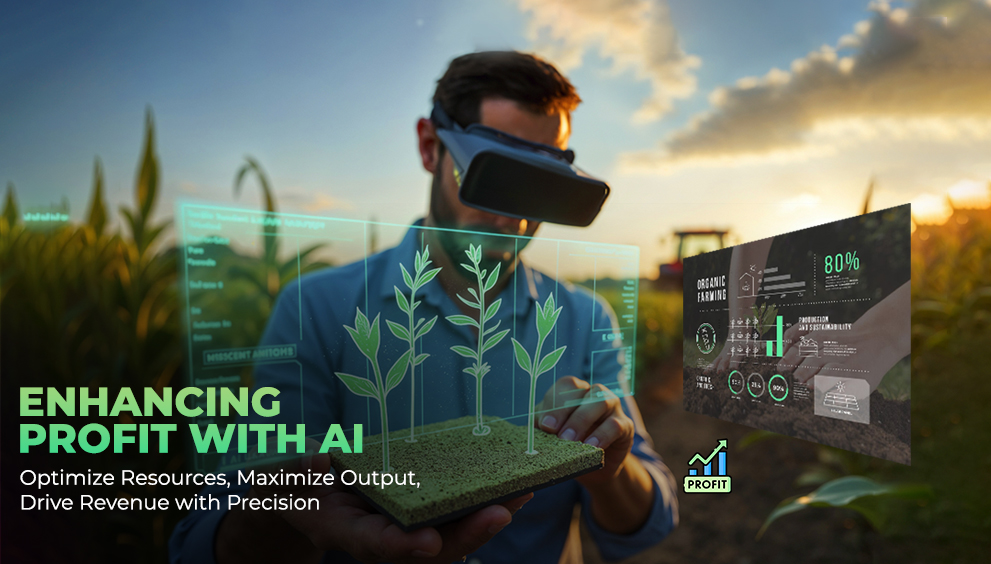

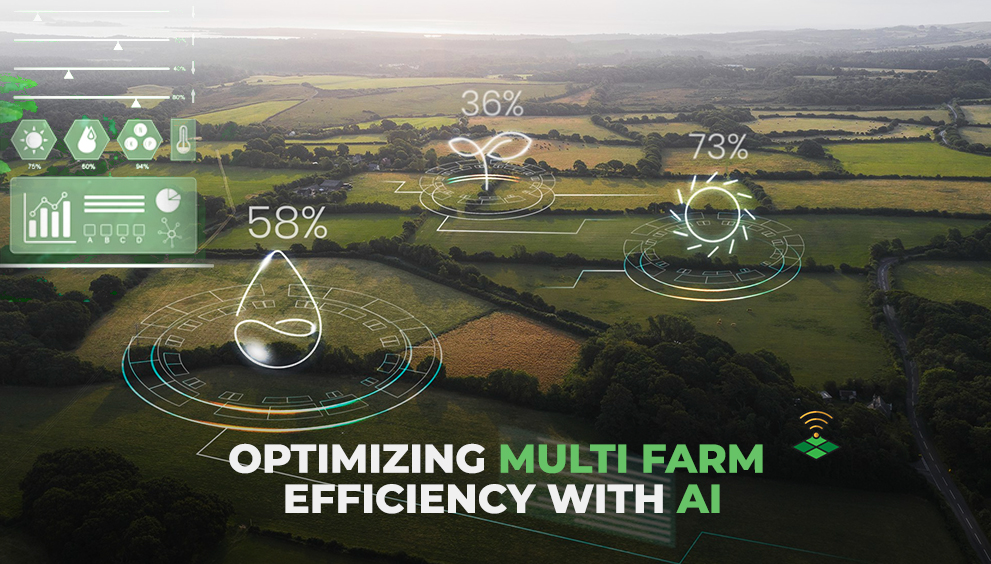
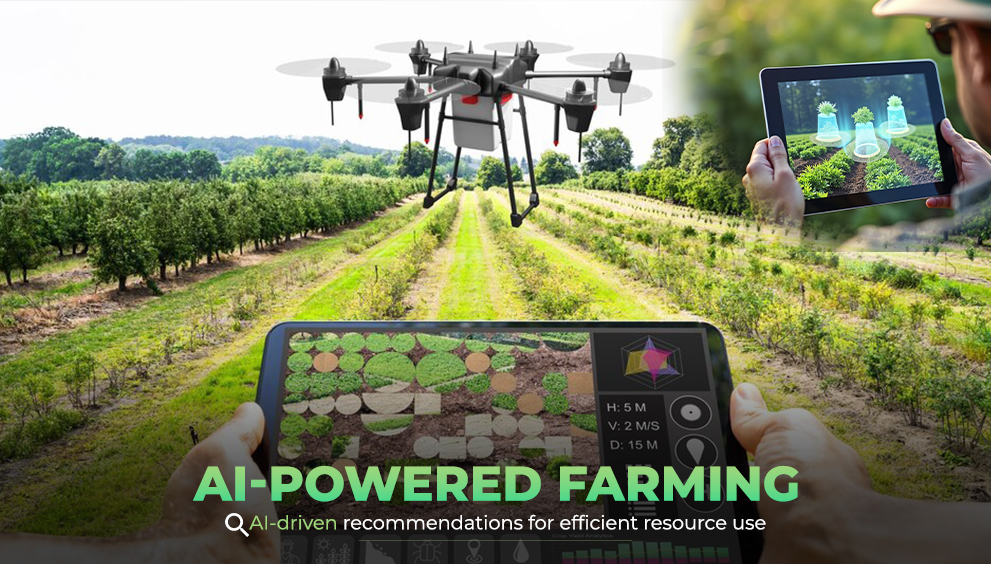
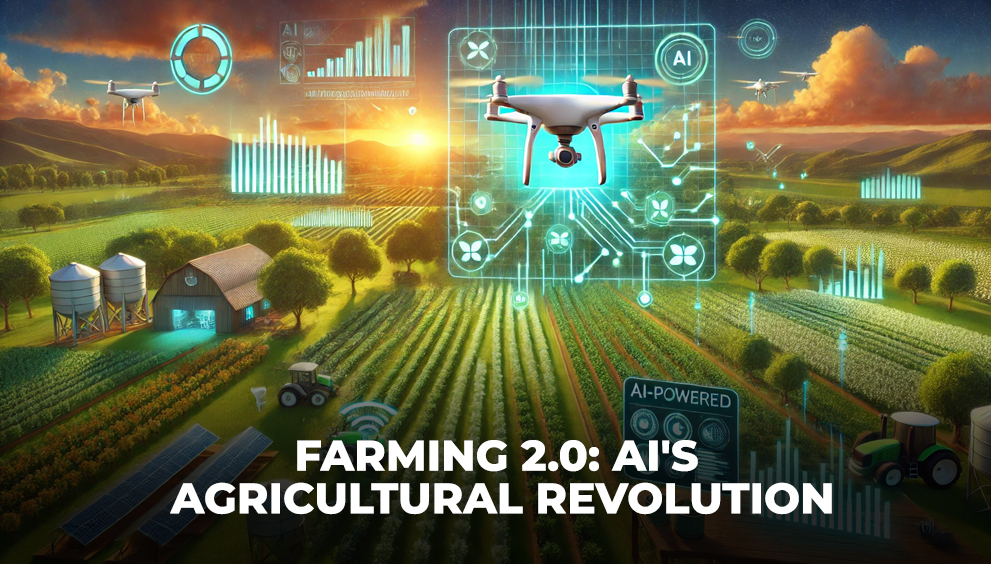
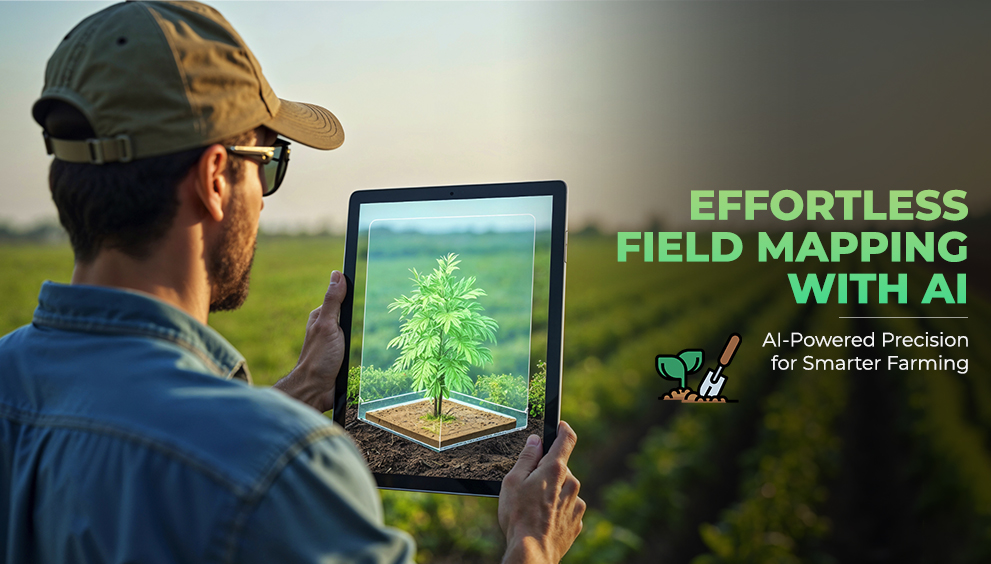
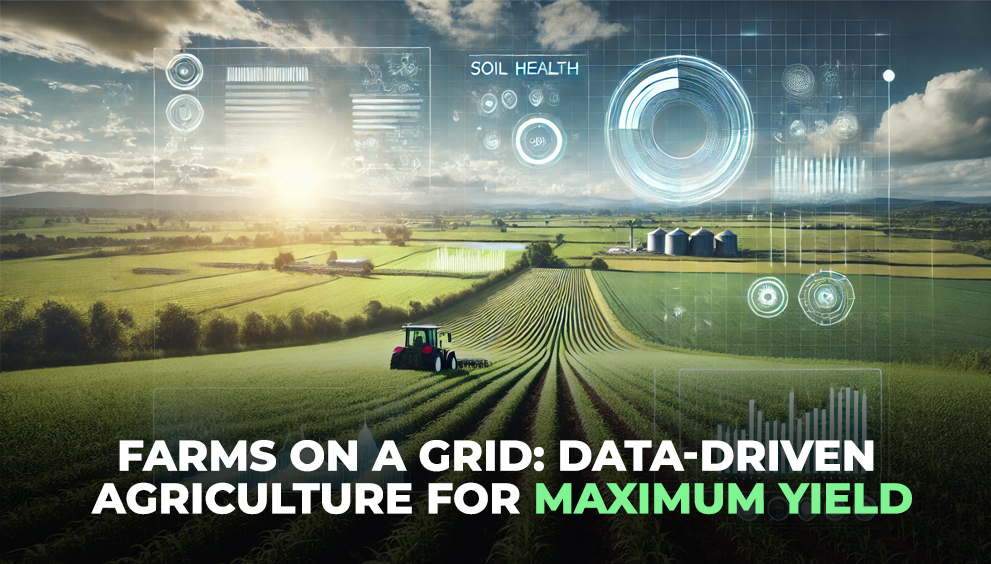
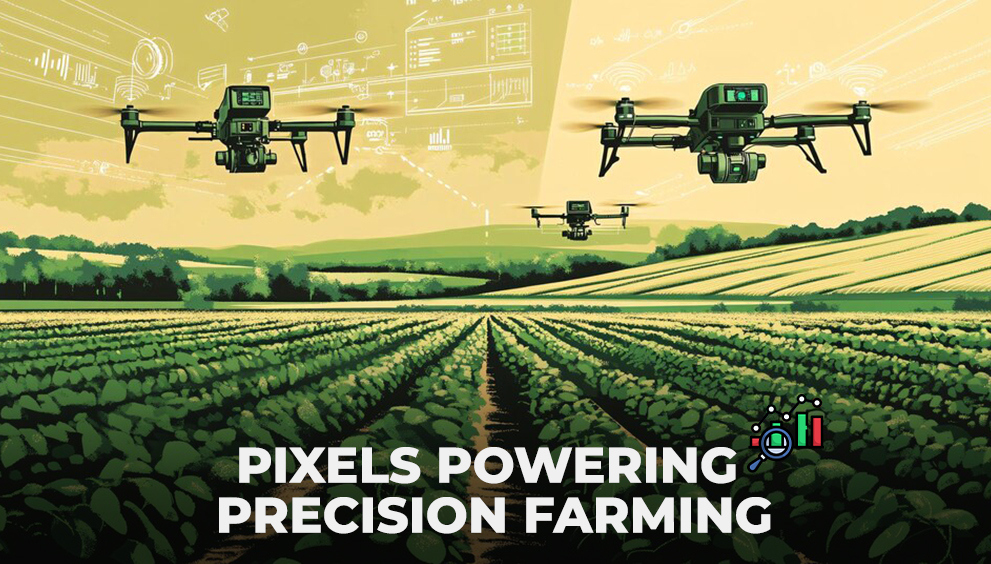
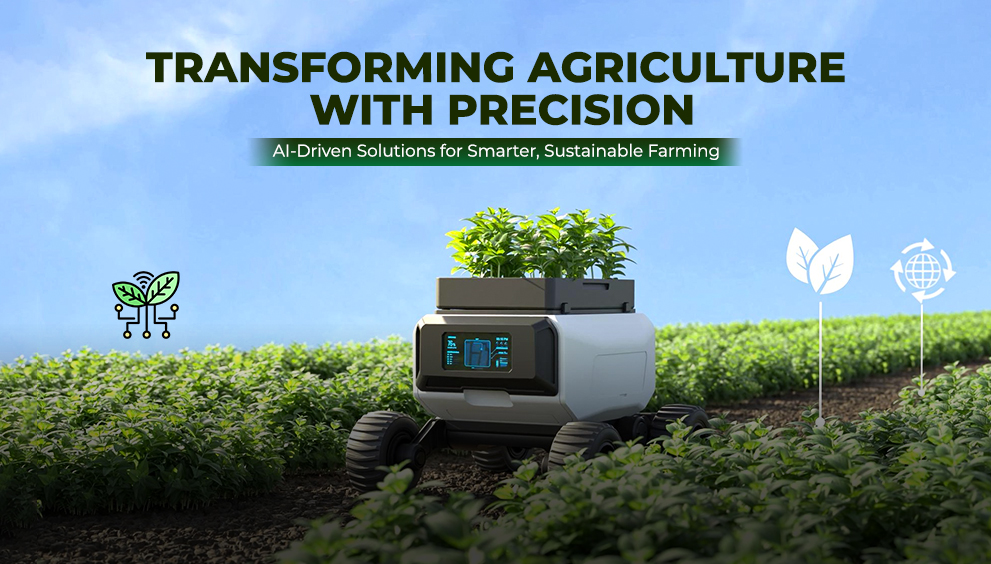
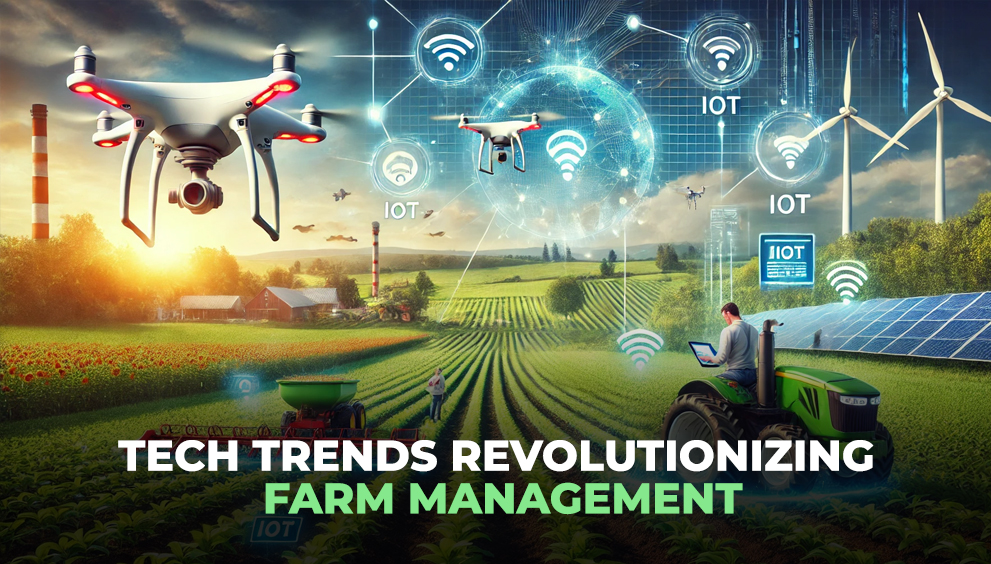

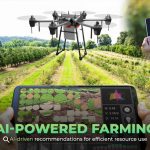
wim44
04th Dec 2025Yo, check out wim44! Heard some whispers, might be worth a look for some fresh content. Let me know what you find!
loverummyappbet
04th Dec 2025Hey guys, been playing on loverummyappbet lately and it’s pretty decent! The rummy action is smooth and I’ve had some lucky streaks. Definitely worth checking out if you’re looking for a new rummy app. Check it out here: loverummyappbet
55wwbet
04th Dec 2025Give 55WWBet a try when you are ready to win big. Loads of options and good odds. You can’t go wrong. It’s worth checking out! Ready to bet? Click here! 55wwbet